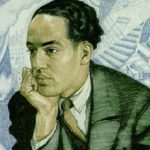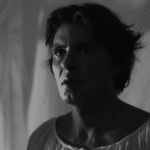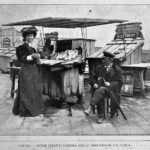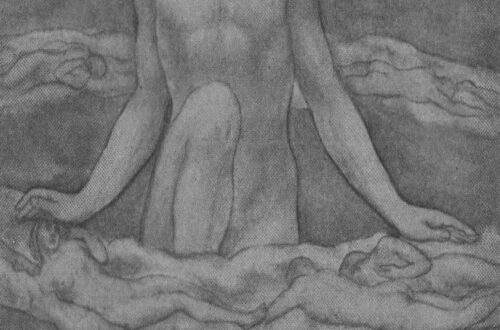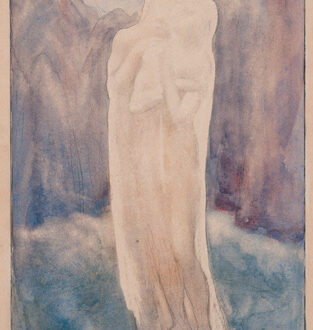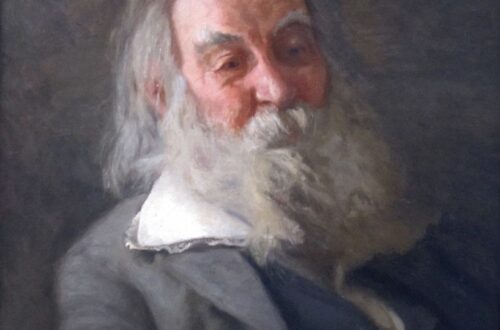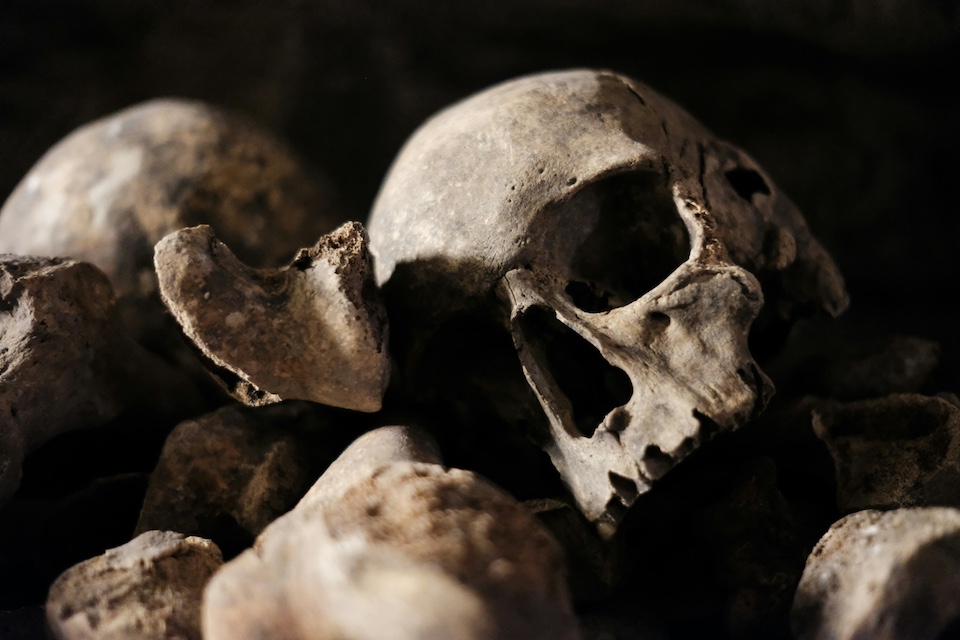
Bones and Stones – Civilisation is Not Measured in Piled up Steel
In this poem I ask what we mean when we say ‘civilisation’. If you look at typical definitions you find answers that suggest complexity, hierarchy, trade; as if these things have ‘value’ in themselves. We tell the story of civilisation in terms of ‘stone’ and, as often, in terms of the ‘bones’ of those whose death has served as fertiliser for this or that history.
In questa poesia chiedo cosa intendiamo con la parola ‘civiltà’ . Le tipiche definizioni suggeriscono complessità, gerarchia, commercio; come se queste cose avessero valore da sé. Raccontiamo la storia della civiltà in termini di ‘pietre’, e sovente, in termini di ‘ossa’ di quelli la cui morte ha fornito il concime per questa o quella storia.
The verses concerning ‘civilisation’ and ‘barbarism’ are inspired by Walter Benjamin’s insightful observation: “There is no document of civilisation which is not at the same time a document of barbarism.” He wrote this in the depths of World War 2.
I versi riguardo alla ‘civiltà’ e alla ‘barbarie’ si ispirano alla penetrante osservazione di Walter Benjamin: “Non esiste documento di civiltà che non sia allo stesso momento un documento di barbarie”. Benjamin lo scrisse nell’abisso della seconda guerra mondiale.
Stones and Bones
Ossa e pietre
The future is not built on bones and stones,
Nor blood and soil, is future’s throne,
Civilisation is not measured in piled up steel
Nor of celluloids magic reels.
Barbarism, not civilisation’s unknown other,
Rather, civilisation’s beloved brother.
For bombs and slaves and murders monstrous,
Yes of that too, in civilisation, we need be conscious.
L’avvenir non sarà innalzato su ossa e pietre,
Né saranno sangue e suolo, il trono futuro,
Civiltà non si misura in acciaio ammassato,
Né in bobine magiche di celluloide.
Barbarie, non per civiltà uno sconosciuto altro,
Invece, per civiltà, il suo amato fulcro.
Perché di bombe e schiavi e omicidi micidiali,
Sì, di quelli anche, in civiltà, dobbiamo essere consci.
For love and friendship, the engine never needed,
And right and wrong, Newton’s laws never heeded,
If civilised we would be, another measuring rod we need.
Civilisation not measured in piled up steel,
Rather in good deeds and love we truly feel.
One day, the circle we’ll draw wider,
And no more will banners be our dividers.
by Michael Curtotti
Il motore, amicizia e amore, non ha mai goduto,
E bene e male, le leggi di Newton, non hanno mai sentito.
Se civili vorremmo essere, un’altra misura dobbiamo mettere.
Civiltà non si misura in acciaio ammassato,
Invece in buon’ azioni e amore che veramente sentiamo.
E un giorno, dipingeremo il cerchio più largo,
E mai più le bandiere ci divideranno.
Translated by Michael Curtotti
With grateful thanks to Azzurra Cirrincione for her proofreading of the Italian translation.
Image
With thanks to Chelms Varthoumlien.
Notes
Walter Benjamin’s observation comes from his “On the Concept of History“.


